Are Your Compliance Processes Keeping Up with Evolving Audit Requirements?
Bramasol
MAY 13, 2024
Overview of the PCAOB and AICPA The Public Company Accounting Oversight Board (PCAOB) is a regulatory body established by the Sarbanes-Oxley Act of 2002 in response to corporate accounting scandals like Enron and WorldCom. Why Should You Care?

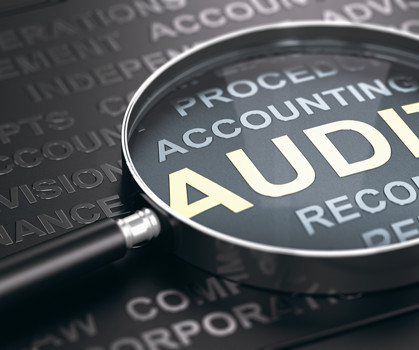
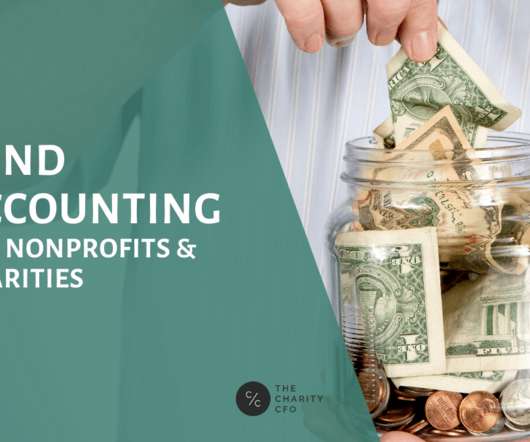
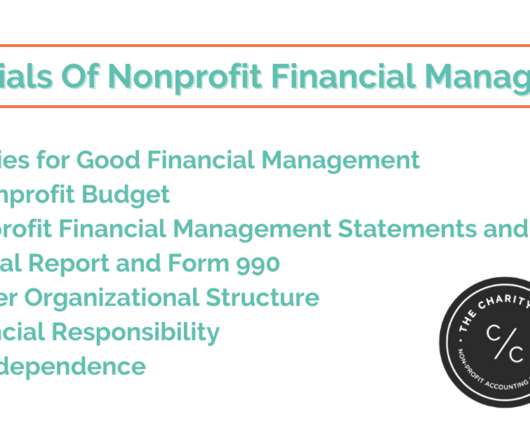
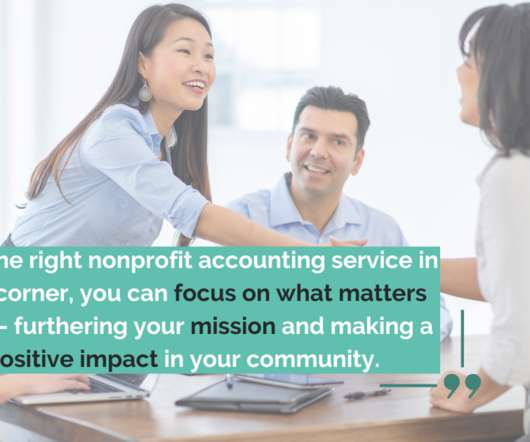
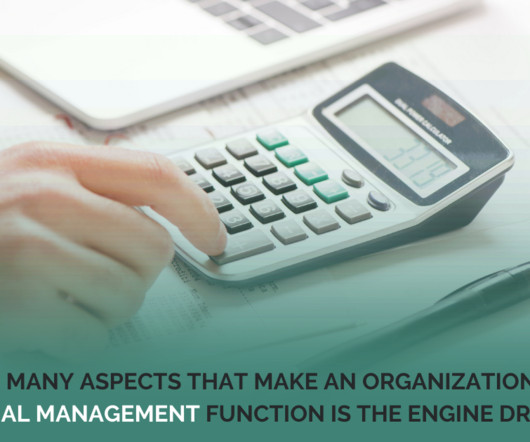

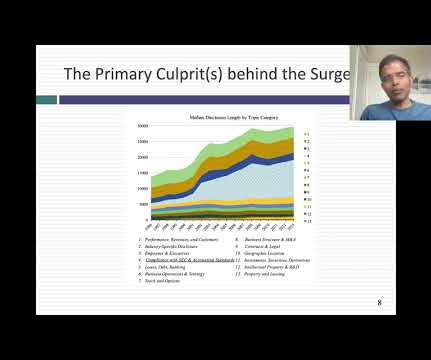
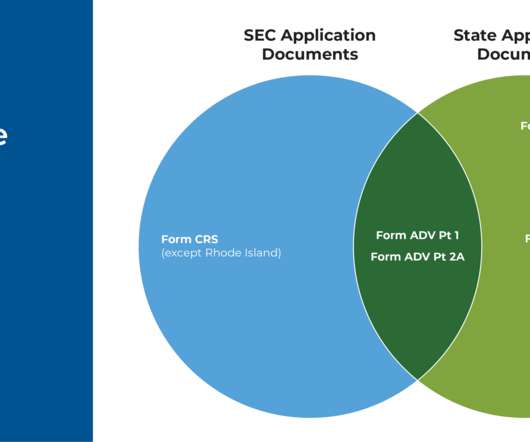








Let's personalize your content